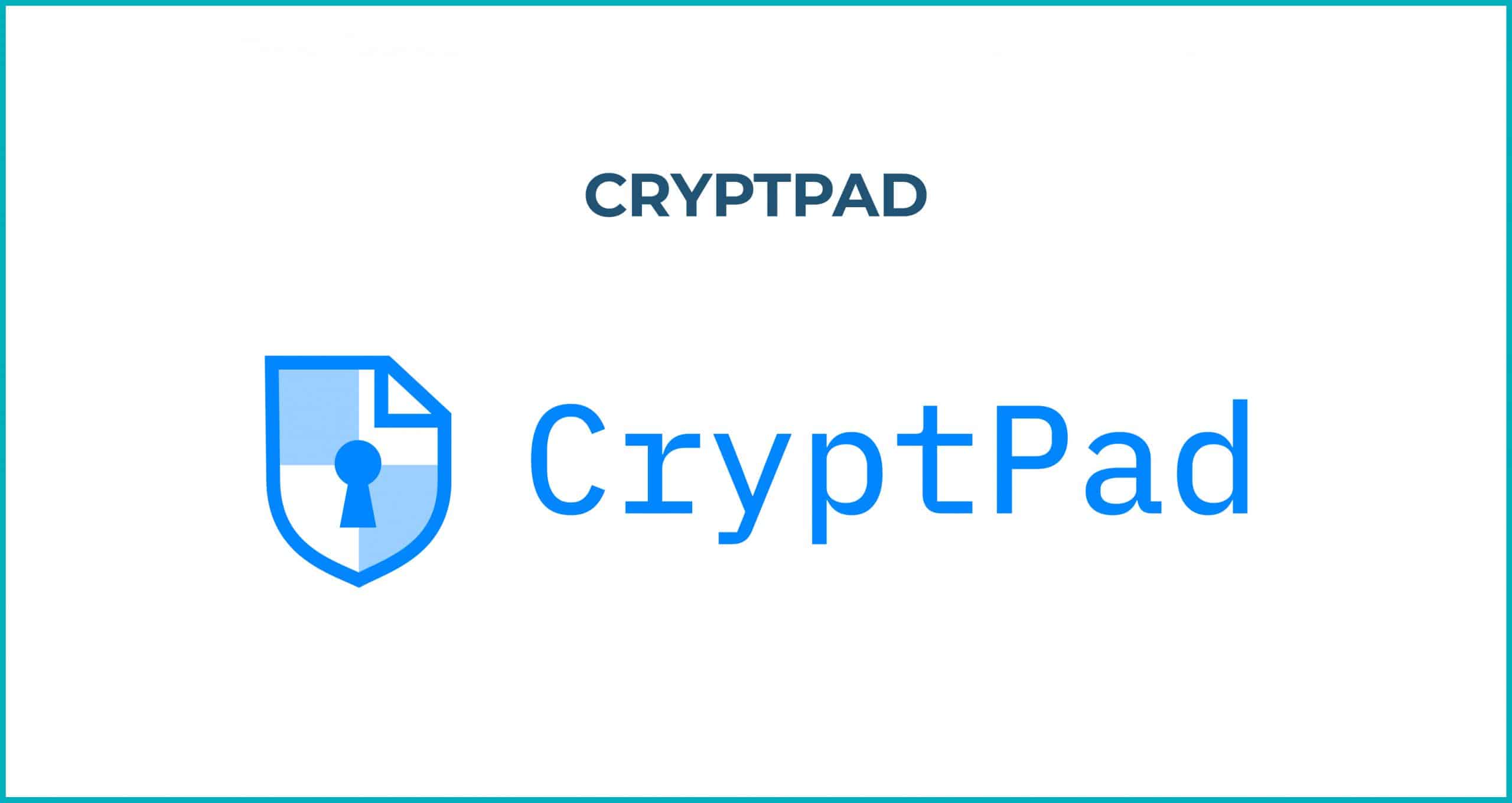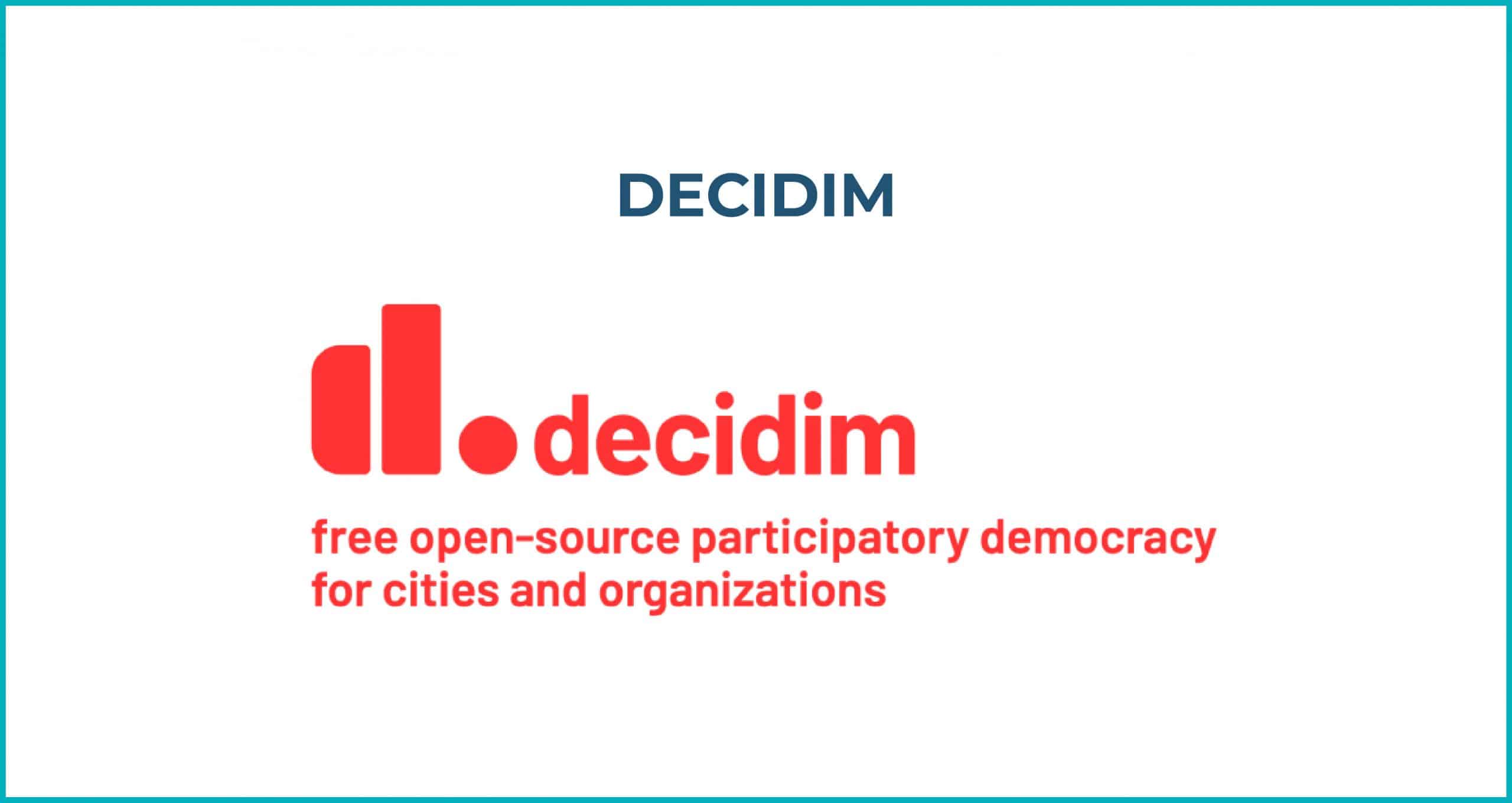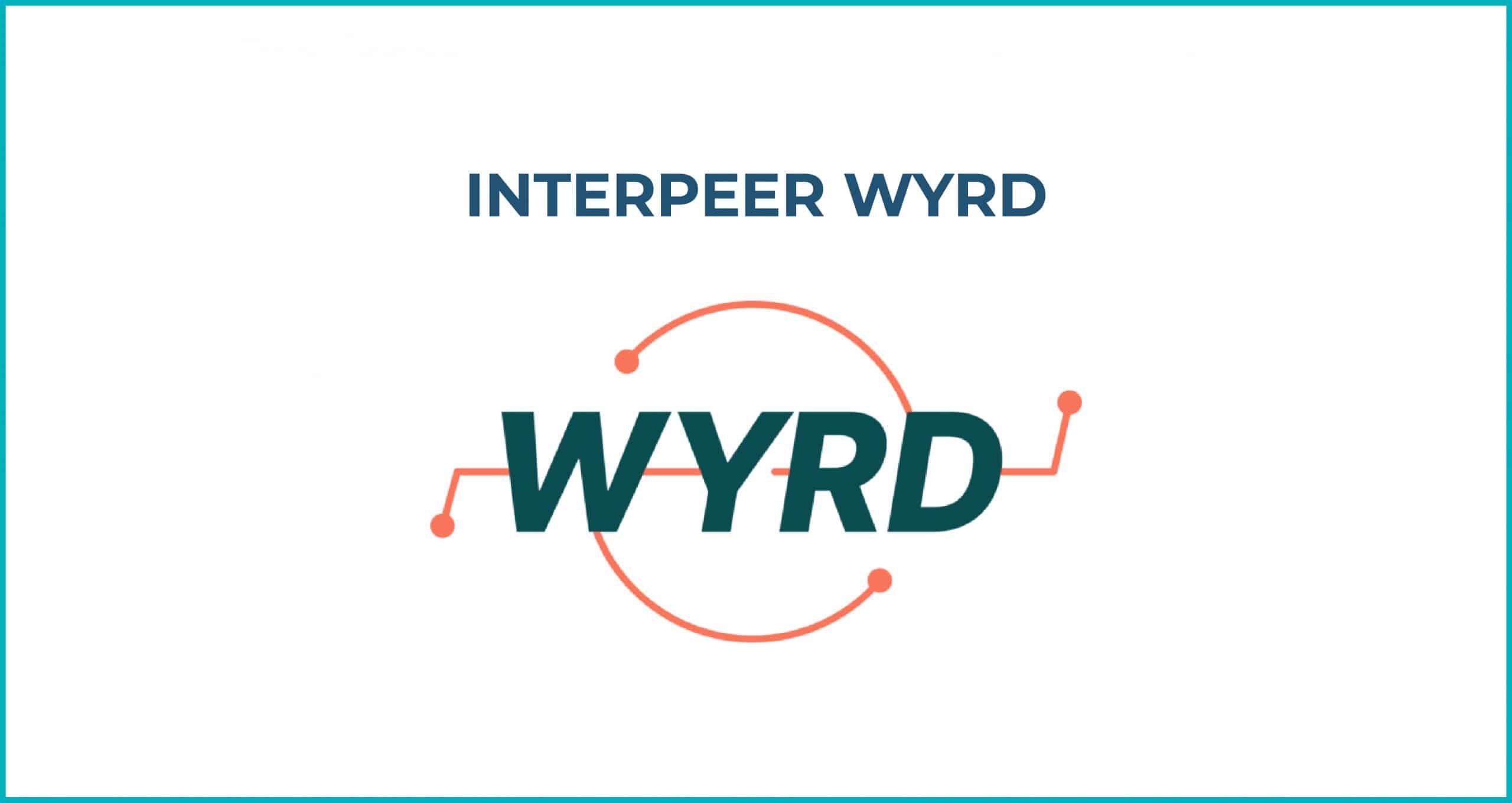
🔁 From Platforms to Protocols
Collaboration tools are evolving from siloed services to open protocols.
Decentralization removes central control; federation allows servers to interconnect freely. Together, they enable resilient, self-governed networks where collaboration can thrive, without relying on Big Tech.
From Exclusive Access → To Open, Borderless Collaboration
From Proprietary Silos → To Interconnected Knowledge Networks
From Hierarchical Control → To Collective, Transparent Governance
🧱 The Three Dimensions of Next-Gen Collaboration
Traditional workspaces operated in walled gardens. The new era builds commons, interoperable, privacy-respecting, and community-driven.
📌 What changes?
-
🔹Interoperability: Flow between tools and platforms.
-
🔹Decentralized governance: Communities set their own rules.
-
🔹Resilience: If one part goes offline, the network remains.
🛠️ NGI Enablers Examples: CryptPad (privacy-first collaboration), Mobilizon (event planning), Decidim (collaborative policymaking & participatory governance), find other examples in the NGI Innovators Catalogue.
🔹NGI Impact: Decidim empowers cities, communities, and organizations to co-create decisions with citizens, offering digital spaces for proposing ideas, commenting, and voting. Open-source and modular, it fosters transparency and inclusion across civic initiatives.
With NGI support, Decidim has enhanced its privacy-by-design architecture, multilingual interface, and federation capabilities, spreading its adoption across Europe and beyond.

Peer-to-peer (P2P) tools go further than federation; they dissolve centralized structures altogether. Every user becomes a node.
📌 What changes?
-
🔹No servers: Data stays with users.
-
🔹Offline-first: Sync later, work now.
-
🔹Anti-fragile: Works under censorship or poor connectivity.
🛠️ NGI Enablers Examples: I2P, Briar, Interpeer Wyr, and many more available to search for in the NGI Innovators Catalogue.
🔹NGI Impact: Interpeer Wyrd delivers a low-latency, peer-to-peer collaboration framework with Conflict-free Replicated Data Types (CRDTs) to enable real-time, decentralized editing without relying on centralized servers. It ensures that all participants can work concurrently, with changes seamlessly merged across the network.
Ideal for distributed teams and environments with limited connectivity, Wyrd supports offline-first operations, allowing users to continue working uninterrupted and synchronize changes once reconnected.
NGI Assure’s and NGI support have been instrumental in its development, particularly in integrating with the Vessel framework, enhancing its resilience and applicability in various collaborative scenarios.

The open-source movement proved that contribution is more valuable than credentials. Today, this philosophy extends beyond code, shaping new forms of trust-based collaboration that prioritize privacy and merit over identity.
📌 What changes?
-
🔹Self-sovereign identity: Users control their digital presence.
-
🔹Transparent decision-making: Open governance replaces opaque algorithms.
-
🔹Trust built on actions, not profiles: Contributions speak louder than titles.
🛠️ NGI Enablers Examples: Decentralized Identifiers, Verifiable Credentials, CryptPad AUTH, ForgeFed, Decidim, and many more to be found in the NGI Innovators Catalogue
🔹 NGI Impact: CryptPad
CryptPad is a privacy-first collaboration suite that offers end-to-end encrypted tools like document editing, Kanban boards, and whiteboards, ensuring no data is visible to the server, not even to admins.
It empowers over 200,000 monthly users to collaborate securely without sacrificing privacy, with more than 1,500 self-hosted instances worldwide. Its tools are widely used by educators, NGOs, and teams seeking secure, real-time collaboration.
NGI support helped launch key features like CryptPad Forms and Teams, while boosting collaboration accessibility, performance, and mobile usability, cementing CryptPad’s role as a leading privacy-respecting alternative to mainstream tools.

🚀 Collaboration Is No Longer Controlled; It’s Evolving
From centralized dashboards → to decentralized dialogues.
From monitored office suites → to encrypted collective spaces.
From profile-based access → to impact-based participation.
NGI-supported tools aren’t just alternatives, they’re building blocks of a new work culture: accessible, secure, and open to all. Find more innovations in the NGI Innovators Catalogue.
The shift isn’t coming. It’s here.
The future is not about replacing tools but reimagining the entire act of working together.
Select one of the projects on the right to learn more.




